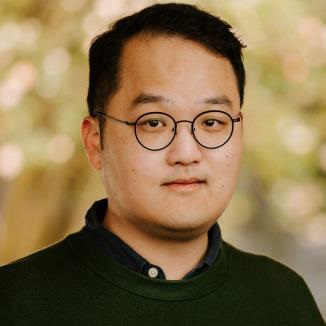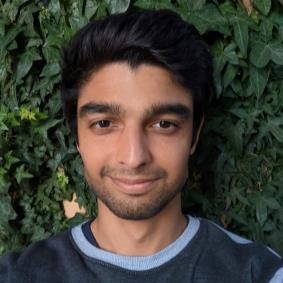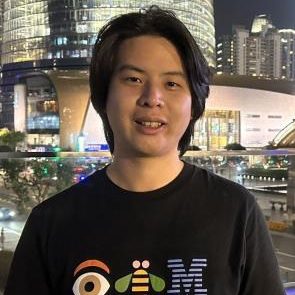Dr Jiadong Mao
Mr Sandeep Santhosh Kumar
Mr Xiaochen Zhang
WORKSHOP: Generative deep learning models for scRNA-seq data analysis
This workshop will contain a lecture component plus a hands-on practical. In the lecture, we will first review the recent development of deep learning models for high-throughput omics studies. Then we will focus on understanding two particular deep learning models, scVI and scANVI, both based on variational autoencoders. The practical is based on the Python toolkit scArches, which compiles some of the most widely used generative deep learning tools for single-cell omics data. We will compete a workflow, using scVI and scANVI implemented in scArches, for scRNA-seq data integration, dimension reduction and annotation. After the workshop, it is expected that the participant will be able to choose appropriate tools from scArches and apply them to their own datasets.
Keywords: Neural network model, variational autoencoder, scRNA-seq, Single-cell biology
Requirements:
Equipment: A laptop (we will send out specific instructions for configuration and package installation closer to the workshop)
Assumed knowledge: Basic knowledge of high-level programming language such as R or Python.
Relevance: This workshop provides hands-on experience for both biologists and data scientists who are interested in the application of generative deep learning techniques to modern high-throughput sequencing data.

Dr Jiadong Mao
Melbourne Integrative Genomics (MIG) & School of Mathematics and Statistics, University of Melbourne
I am a postdoctoral researcher at Lê Cao lab in MIG. I have my PhD in mathematical statistics (UoM) and currently I am developing novel statistical methods for single-cell and spatial multi-omics data integration. I enjoy identifying common analytical questions from different data types and use cases and developing open-source computational packages accordingly. I also enjoy working closely with biologists for collaborative problem solving. My main interest in biology lies in cancer research facilitated by cutting
edge and emerging sequencing technologies, such as spatial multi-omics. In my spare time, I enjoy reading about intellectual history, especially pre-modern history of science.

Mr Sandeep Santhosh Kumar
Melbourne Integrative Genomics (MIG) & School of Mathematics and Statistics, The University of Melbourne
I am a third year PhD student working on nonlinear factor analysis using deep learning. I also have industry experience in neural network speech enhancement through an AMSI APR PhD internship. Prior to commencing my PhD, I completed my bachelor’s and honours in applied mathematics at the University of South Australia, where I was involved in a research projects with the department of energy and mining, and an internship at Data61, CSIRO. My honours research focused on studying diffusion analytically in a system with a biological cell exposed to a diffusive front. During my bachelors, I received the university medal and the vice chancellor’s international excellence scholarship. I enjoy playing badminton in my spare time.

Mr Xiaochen Zhang
Melbourne Integrative Genomics (MIG) & School of Mathematics and Statistics, The University of Melbourne
Xiaochen is currently a PhD student in computational biology at the University of Melbourne. He is also a bioinformatics researcher and AI programmer. He completed a master’s degree in computational biology at the University of Melbourne. His research is focused on novel machine learning and deep learning methods for better analysing transcriptomics (bulk, single-cell and spatial) and integrating multi-omics data. Xiaochen also has rich experience in the industry. Previously, he joined a start-up company in AI pharmaceuticals, where he designed AI algorithms to annotate single-cell data and discover drug targets. He then joined Alibaba DAMO Academy to create a customised AI breeding algorithm for the Chinese Academy of Agricultural Sciences. Currently, he is a part-time workshop trainer in Melbourne Bioinformatics to teach bioinformatics skills to students at different technical levels and
with different academic backgrounds.
